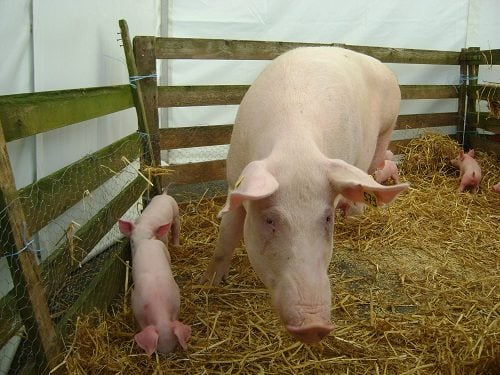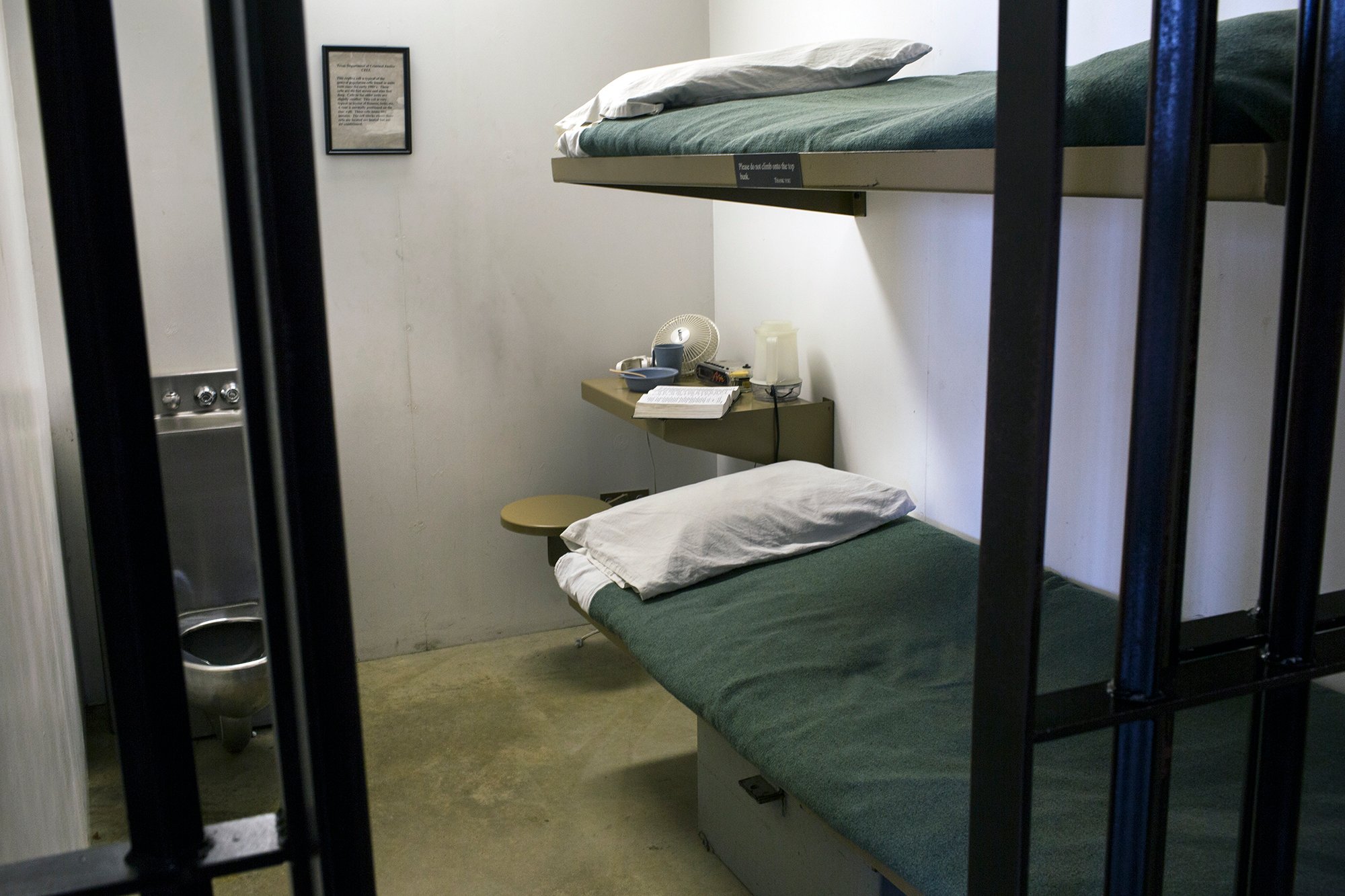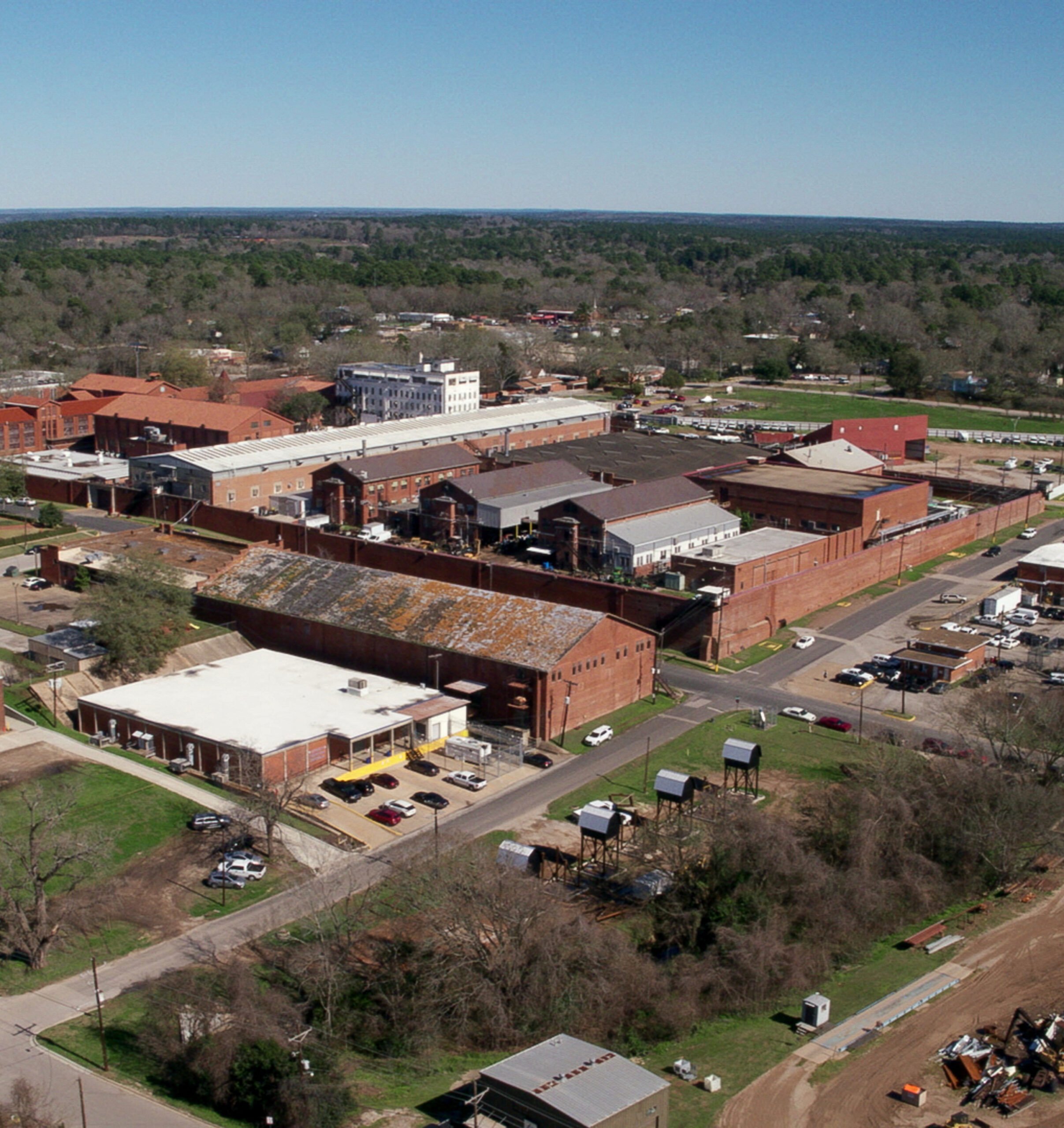
TDCJ Pork Story Undercooked
On Thursday, the blog Grits for Breakfast reported the Texas Department of Criminal Justice is paying about $750,000 to build six new climate-controlled swine barns. That doesn’t look great, since only about a dozen of Texas’s 111 lockups are air-conditioned, and extreme heat has been blamed for 14 inmate deaths in the last six years.
Several media outlets including the Associated Press picked up the story for obvious reasons: It suggests that Texas cares more about animals than people. A deputy director for TDCJ called that comparison “outrageous.” A civil rights lawyer suing TDCJ over heat-related inmate deaths called the project “outrageous.” There’s enough outrage to go around.
The odd thing about this pig pother is that none of it is new. TDCJ has long used convict labor to breed swine for sale and prisoner consumption. It already keeps its swine in climate-controlled barns—it has to, because pigs have few sweat glands and would quickly die otherwise.
Whether TDCJ really needs new pig digs is a different question, as is whether the project is a good use of taxpayer money or just someone’s (forgive me) pork project. But state indifference to the suffering of prisoners and guards is de rigueur.
For example, in late July, the Connally Unit southeast of San Antonio lost running water for almost a week. First, both the prison’s wells broke. Then, as the Austin American-Statesman reported, the prison’s water towers ran dry, shutting down laundry facilities, showers, and kitchens. After TDCJ brought in portable toilets, writes Mike Ward, “Complaints about dysentery and illness quickly spread, though prison officials denied they were true.”
Those denials are less convincing next to the fact that the Texas Department of State Health Services had the Connally Unit boil its water for an additional five days.
The prison also lost water intermittently last year, but it doesn’t take a special event to make the facility unbearable. Even now, it has regular power outages as guards overload the circuits bringing fans from home. “My thermometer says it’s over 100 in my pocket,” said an officer from Connally to Ward. “There ain’t no damn breeze inside the unit. Just people sweating as the fans blow hot air ‘round and ‘round.”
That story, dealing as it does with simple, crude human misery, was not picked up by the Associated Press.
Last year, the 5th Circuit Court of Appeals ruled in favor of a 64-year-old minimum-security inmate who was exposed to weeks of heat indices up to 130 degrees, saying extreme heat can violate a prisoner’s rights. As Judge Carolyn Dineen King put it, “These guys are sitting in an oven . . . and no one gives a damn!” She said the health risks were “obvious” and prison staff “deliberately indifferent.”
That—the deliberateness King names—is what makes the pig barn story, unfortunately, not quite news.


